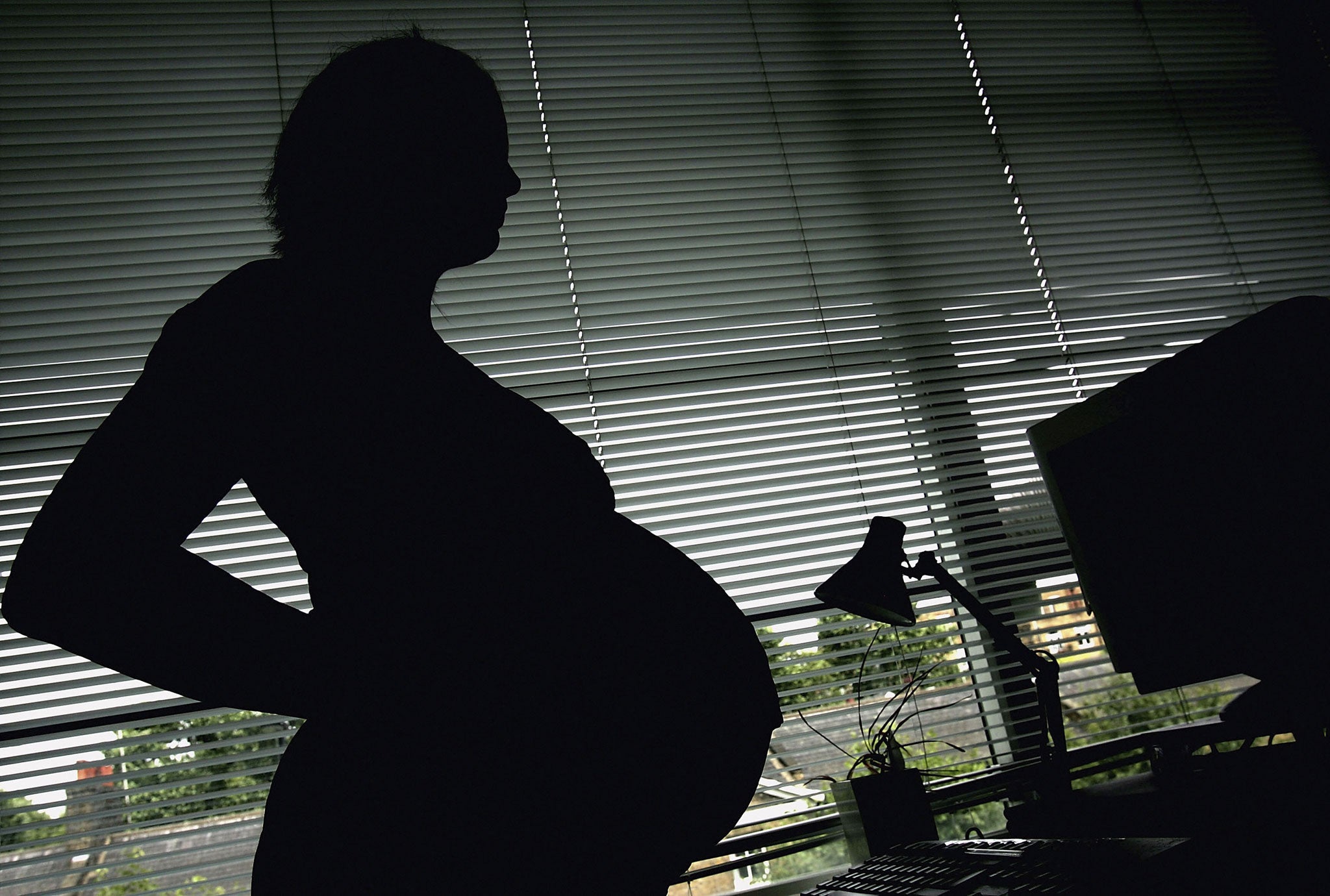Motherhood shouldn’t mean a career dead-end
The highest earning women face no discrimination - but behave like men at work

Here’s a dilemma: do you go to work to sit in a boring meeting where nobody’s listening to your opinion anyway, or slope off to school for your child’s assembly? Easy? What about shipping up late for the sake of a coffee with other parents? Once you have a child, you can’t avoid this kind of impasse. Children have a way of not submitting to being diarised, not remembering to be sick only at weekends, making a mockery of office life.
More than a quarter of mothers feel discriminated against at work, according to new research. One third of the 1,975 mothers questioned for legal firm Slater and Gordon couldn’t get promoted after having children. They blamed their employers, who professed to be astonished: what about maternity leave and legal rights?
Clearly, there is a profound mismatch in perceptions. Mothers feel they are being written off; employers think they’re making concessions. The underlying, untackled question here is whether you have to behave like 1950s corporate man to thrive at work. The recent, statistics-packed book from economist Alison Wolf, The XX Factor, found that for the highest-earning 20 per cent of women there is no longer any serious workplace discrimination.
This was hailed as positive news but in a way it was deeply depressing. The glossy, highly-educated creatures Wolf referred to as “top women” thrive by behaving like men, and old-fashioned men at that. Successful women are increasingly not having children; where they do, they give no quarter at work to motherhood. And of course, it’s relatively easy to do this when you are rich.
For the majority, it’s a different story. Childcare costs are high and many women, seeing little chance of ending up CEO, prefer not to outsource all their childrearing. Many work part-time. More than a third of British workers work up to 30 hours a week, according to Timewise Foundation, and 77 per cent of them feel trapped in their jobs. What this exposes is a desperate need for more high-quality part-time jobs. Opting to work flexibly shouldn’t have to mean accepting a reduction in status, responsibility and salary, needn’t mean the end of a career.
This matters to dads as well as mums. Men want, and need, to be hands-on fathers. An IPPR report published on Monday showed that one-in-three working mothers is now the main breadwinner for her family. The widespread feeling of being stuck at work isn’t a problem without a solution; it only requires a different mindset. It ought to be possible in 21st-century Britain to have satisfying work and successful families. Employers ought to be able to see that giving parents opportunities for promotion, for changing jobs, for contributing more, is all to the good. Who knows, some of those high-earning, highly-educated young women might then decide to have children too.
Geraldine Bedell is editor of Gransnet
Join our commenting forum
Join thought-provoking conversations, follow other Independent readers and see their replies
Comments
Bookmark popover
Removed from bookmarks